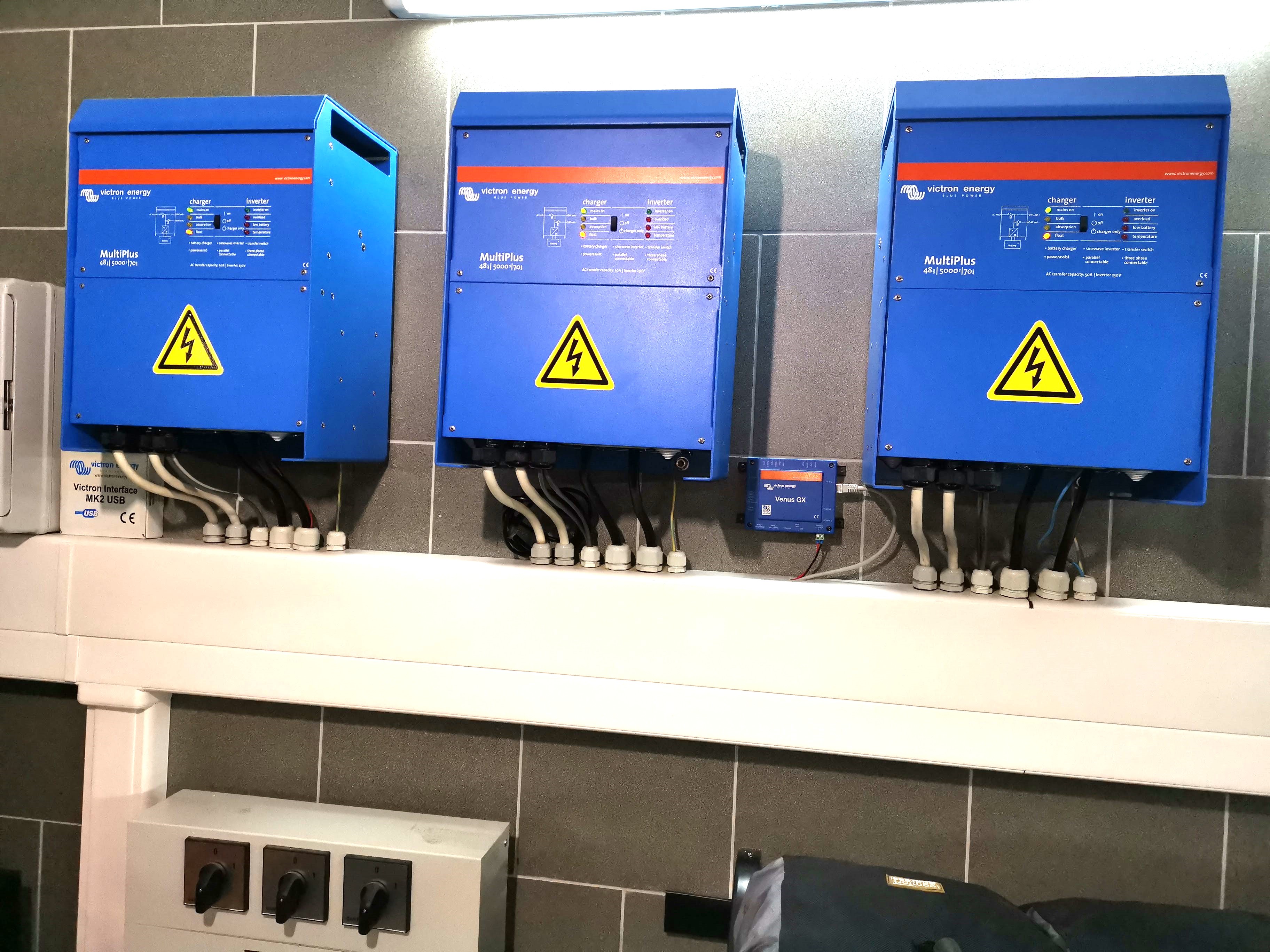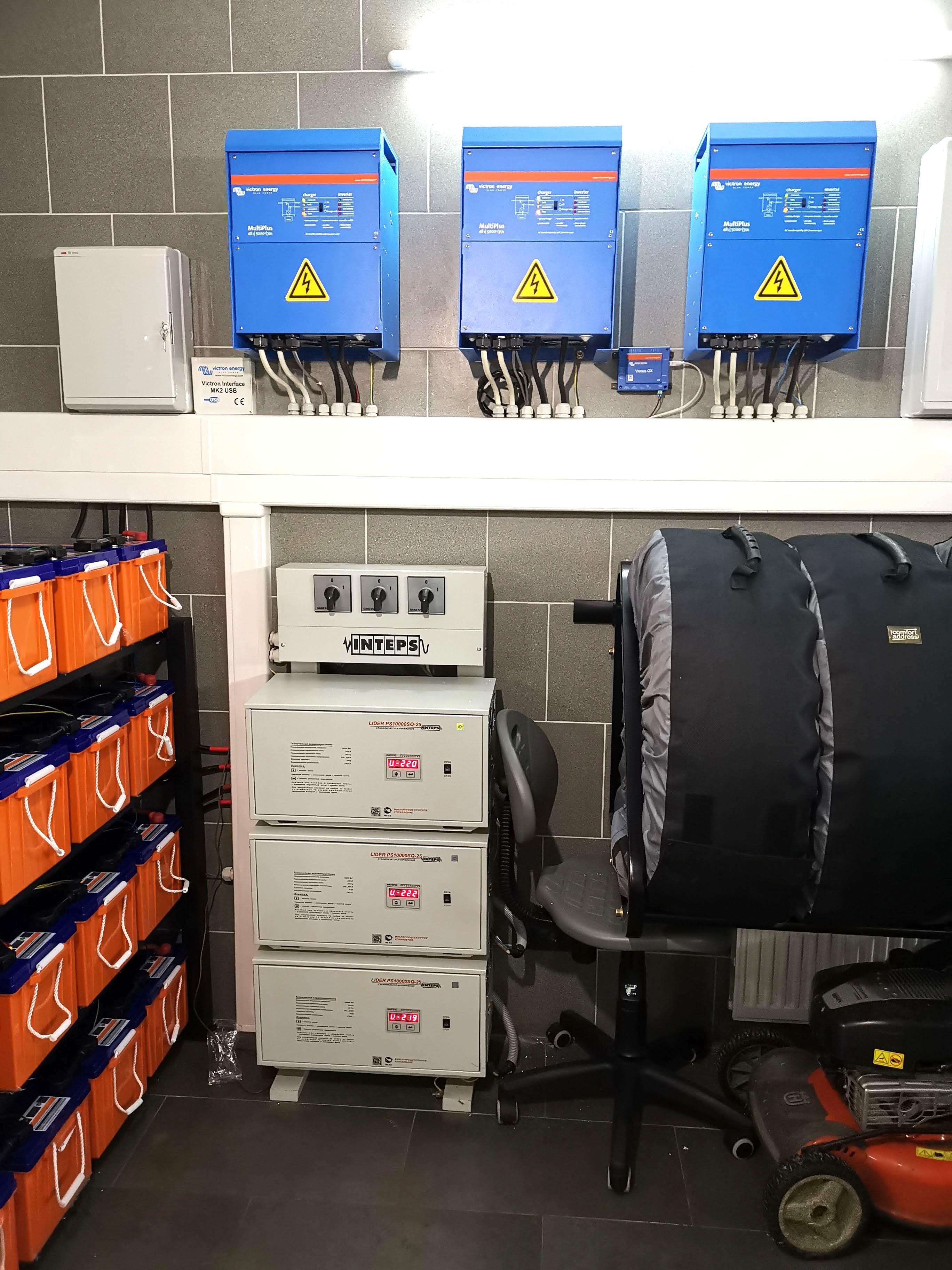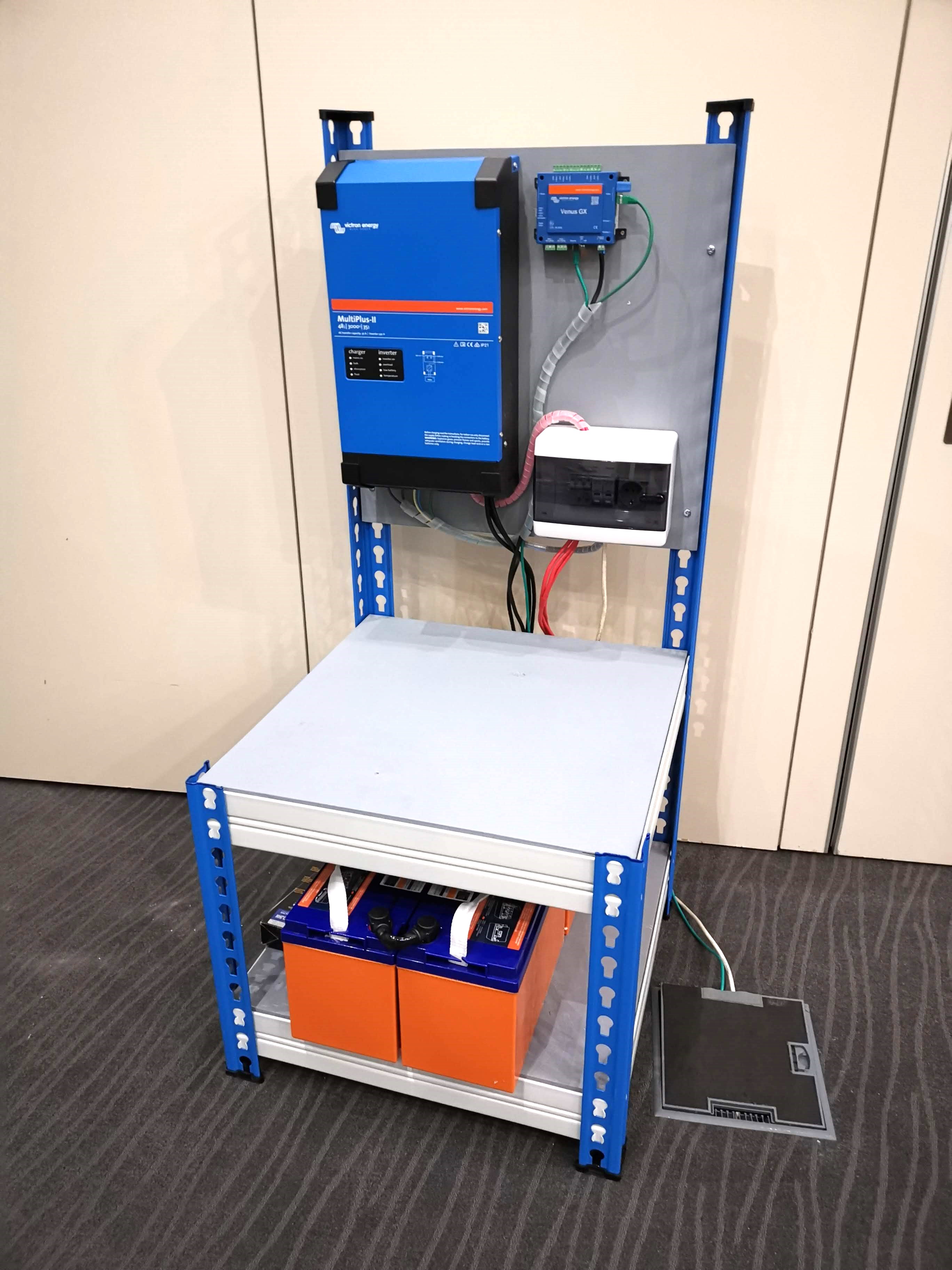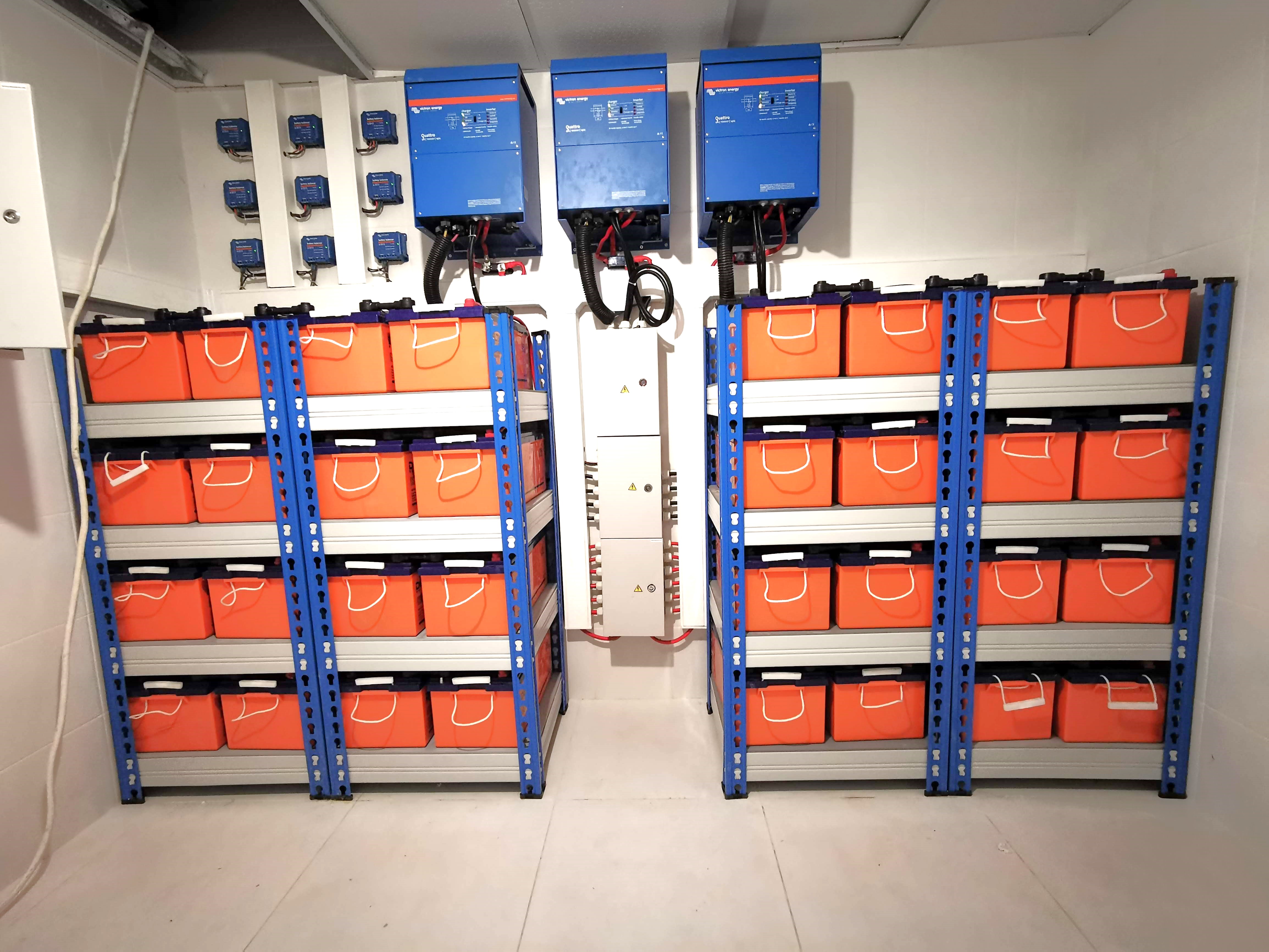Energy System Installation and Maintenance
The Importance of Professional Energy System Installation, Equipment Selection, and Programming
In today's world, energy independence and uninterrupted power supply are becoming increasingly crucial. Whether it's for homes or businesses, the installation of energy systems like solar power or backup power solutions must be handled by experienced professionals. A correct installation ensures the system's longevity, efficiency, and safety.
One of the most critical aspects of energy system installation is the correct selection of equipment and materials. Using high-quality, reliable components ensures that the system will function efficiently and last for many years. Professionals not only choose the best technology but also select materials that are durable and suited for the specific environment, minimizing risks such as corrosion or wear over time.
The choice of materials for installation, such as cables, connectors, and mounting hardware, plays a significant role in the system's overall performance. Cheap or incorrect materials can lead to energy losses, safety hazards, or frequent breakdowns. Professional installers ensure that the materials are rated to withstand environmental conditions and the system's energy output.
Proper system programming and configuration are also essential. Incorrect programming can lead to system malfunctions, inefficient energy usage, or even complete failure. Therefore, entrusting this task to certified specialists is key. They ensure that the system is set up in accordance with the specific energy needs of the property and that it works smoothly.
A professional installation and correct equipment selection save you not only time and effort but also reduce long-term costs by minimizing the risk of malfunctions or costly repairs. A properly configured and installed system will maximize energy output, minimize wastage, and ensure reliable operation for many years.
Equipment We Work With
- Solar panels: Convert solar energy into electricity.
- Inverters: Convert direct current from panels and batteries into alternating current for household appliances.
- Charge controllers: Regulate the charging process of batteries from solar panels, preventing overcharging and ensuring proper battery charge.
- Batteries: Store energy for use at any time, including nighttime.
- Monitoring and control system: Allows real-time tracking of system performance and optimization of its operation.




